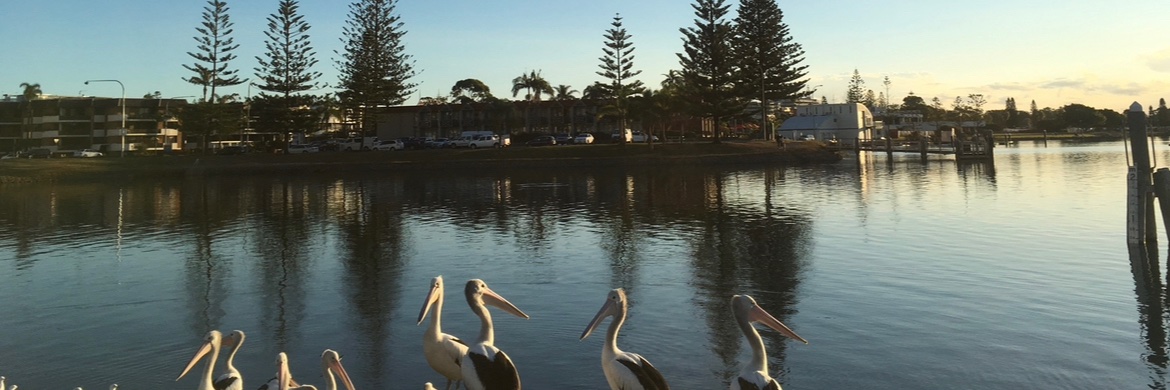
Tom Wright
@TWright_GenomeX
🧬Clinical Genetics SpR/Resident (OOPR) | PhD Researcher @FBMH_UoM @mft_iMRare @ManchesterBRC #RareConditions #Genomics #MentalHealth |💗Husband/Dad/Son/Sib🎭🎨
1/🎅🧵Santa Thread Celebrating 1Y anniversary @guardian @LindaGeddes featured our festive research 🔎We discovered Santa has a facial #phenotype distinct from adult & elderly bearded men🤨 💗🟰Evidence #Santa is real😲 🔗📰theguardian.com/lifeandstyle/2… 👉🏻📝pubmed.ncbi.nlm.nih.gov/36548933

Now in print - thanks for your work helping patients @alistairp2011 “Research like this that finds new routes towards more people getting diagnoses is fantastic. It means people can actively try and prevent some of the most dangerous complications of #Marfan syndrome"
More than meets the eye. Non-canonical #FBN1 splice variants may account for ~3% of families with undiagnosed #FTAAD. bit.ly/3IhIN48 #Marfansyndrome @alistairp2011 @SureshSomarathi @LaughingGenome @smbanka @JamesFasham @ProfDBaralle @RDExeter @GenomicsEngland
🚀 AI is reshaping clinical genetics! This latest review by Duong & Solomon outlines how machine learning, deep learning, and generative AI are transforming diagnostics, management, lab workflows, and administrative processes 🔗 Open-access review👇 nature.com/articles/s4143…
📢 Join the We R Rare Patient, Family & Carer Steering Group! Have experience with a rare condition? Help shape research & care for patients & families. Apply by Mon 25 Aug 👉mrcc.org.uk/engagement-adv… #RareDisease #PatientVoice
📢 Episode 5 of the #ESHG Webinar Series is on Wednesday, July 30 at 16:00 CEST 🧬 Speaker: Siddharth Banka: "From Chromatinopathies to Episignatures" 💻 Registration is free but required: wma.eventsair.com/eshg-webinar-s… 📩 Past registrants will receive the Zoom link automatically.
Excited to share @medrxivpreprint describing 23 families from #100kGP & @NHSgms with suspected #Marfan syndrome and cryptic intronic #splicevariants in #FBN1 medrxiv.org/cgi/content/sh…. 70% of variants lay beyond the ±8 splice regions
More than meets the eye. Non-canonical #FBN1 splice variants may account for ~3% of families with undiagnosed #FTAAD. bit.ly/3IhIN48 #Marfansyndrome @alistairp2011 @SureshSomarathi @LaughingGenome @smbanka @JamesFasham @ProfDBaralle @RDExeter @GenomicsEngland
New international collaborative work incl. our team published in Pediatric Neurology: Cyclical Vomiting Syndrome in Individuals With BPTF Haploinsufficiency sciencedirect.com/science/articl…
See the full paper here: annalsofoncology.org/article/S0923-… We recommend, based on evidence of mortality benefit of interventions, restriction of germline breast cancer panel testing to 7 genes. We must challenge the "more is better" model of gene inclusion on panels that NGS has driven.
Newly-released ESMO recommendations critically assess specific germline pathogenic variants in terms of cancer-related mortality and testing implications for patients and their families Read the full article in the #ESMODailyReporter 🔗 ow.ly/xpGT50W9PuY
If you missed it, the videos from our event about the discovery of ReNU syndrome are available to watch here: cpm.ox.ac.uk/watch-our-lect…
Thank you to Dr @John_H_McD for presenting his winning Turner-Warwick lecture ‘Implementing pharmacogenetics in the NHS: improving outcomes and avoiding harm’ and providing delegates with an update on his work at today’s #RCPUpdate. The Turner-Warwick scheme is currently open,…
We’ve published a new resource on self-harm, aimed at children and young people. It looks at why self-harm happens, what to do if you are self-harming, and where to get professional support. It also includes tips for parents and carers. 🖥➡️ rcpsych.ac.uk/mental-health/…?
We're pleased to announce the launch of a RDCN for individuals with Ectodermal Dysplasia (ED) & related conditions. The RDCN brings together a group of expert providers committed to improving patient care, advancing research & increasing awareness. rb.gy/ee7u1w
🧬 The team from Manchester BRC, @MFTnhs and @FBMH_UoM collaborated with scientists worldwide to analyse the genetic data of thousands of individuals. They studied parts of our genes which have previously been dismissed as ‘dark matter’ or ‘junk DNA’. 🔗 manchesterbrc.nihr.ac.uk/news-and-event…
The paper ‘Analysis of R-loop forming regions identifies RNU2-2 and RNU5B-1 as neurodevelopmental disorder genes’ is available Open Access from this link 👇🏼 nature.com/articles/s4158…
🧬 The team from Manchester BRC, @MFTnhs and @FBMH_UoM collaborated with scientists worldwide to analyse the genetic data of thousands of individuals. They studied parts of our genes which have previously been dismissed as ‘dark matter’ or ‘junk DNA’. 🔗 manchesterbrc.nihr.ac.uk/news-and-event…
Science, medicine, friendship and legacy at Dafydd Gareth Evans Festschrift today! Honouring his incredible achievements: true global impact spanning discovery of new diseases and their genetic foundations, to defining diagnostic criteria, to changing clinical practice. 🧬🧫🔬
🧬 A breakthrough by @MFTnhs and @FBMH_UoM researchers could provide a genetic explanation for thousands of people with neurodevelopmental conditions. This paves the way for improved diagnosis and opens new doors for future treatments. Read more 👇 research.cmft.nhs.uk/news-events/ma…
See our new paper in @AJHG : Validating data from multiplex assays of variant effect: A CanVIG-UK national survey of NHS clinical scientists Explores blocks to implementation of MAVE data into clinical variant interpretation @ClinGenResource @acgs_news authors.elsevier.com/a/1lDFkgeXDyy6
Thank you @AlexionPharma for inviting the MRCC to The Rare Network Innovation Exchange! Dinesh Chawla, MRCC Manager, will be taking part in the exchange, discussing strategic frameworks to improve the sustainability and impact of rare disease services.
We are excited to share our new paper out today in Nature Genetics which explores de novo mutations in DNA secondary structure and identifies two novel #diseasegenes nature.com/articles/s4158…
❗️DEADLINE EXTENDED for our AI project. Clinicians - propose a rare genetic neurodevelopmental disorder for a new Unique information guide by 6th June 2025. Learn more via our form or get in touch with any questions: forms.office.com/pages/response…
📢Clinicians: This is your last chance to lead the development of new Unique Information Guides for rare genetic neurodevelopmental disorders using a cutting-edge AI solution. Final deadline: 6ᵗʰ June. Submit your proposal here: forms.office.com/e/jziupyz04f 🔗mrcc.org.uk/news/2994/